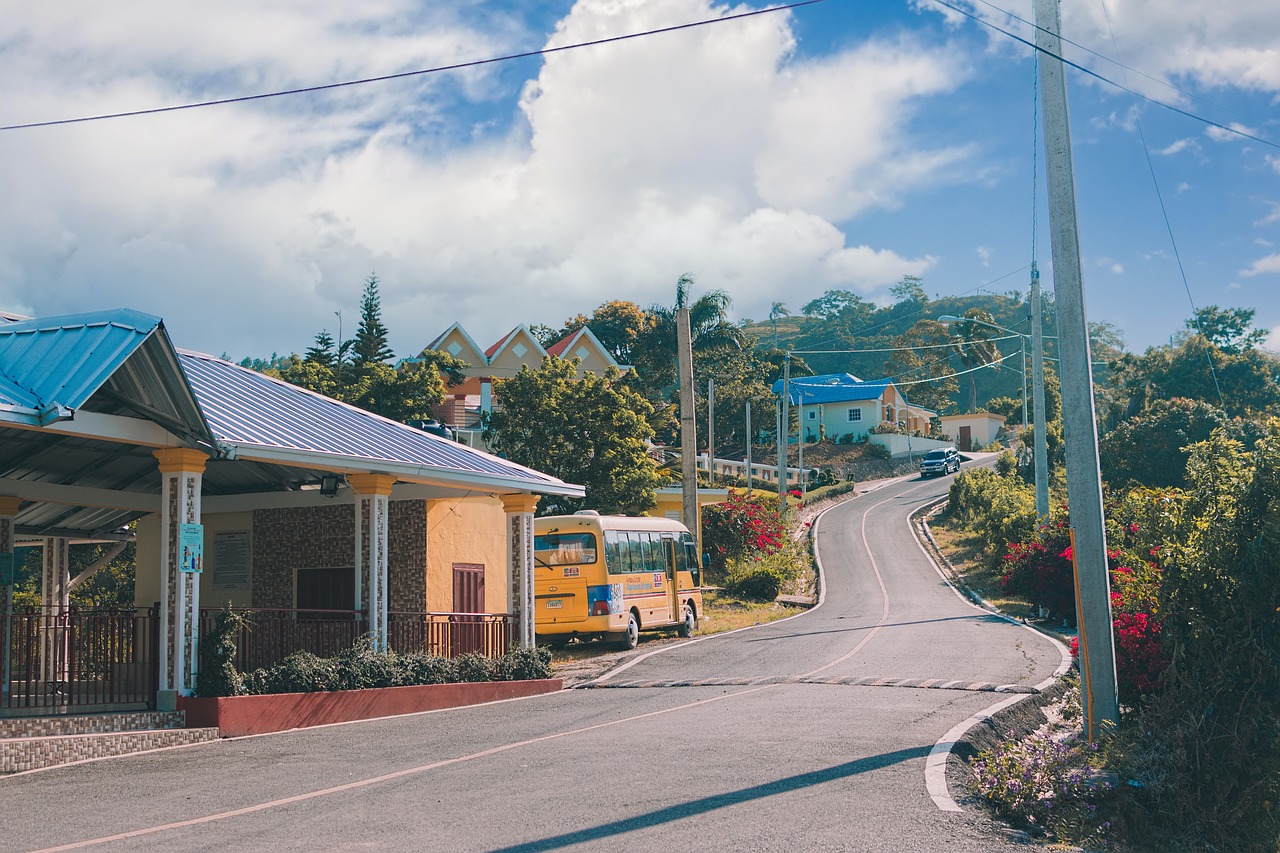
7 Key Tips for a Successful Move to a Small Town
Moving to a small town can be one of the best decisions of your life as a small town offers a slower-paced lifestyle along with a close-knit and hospitable community. But even though the prospect of locating to such a place is exciting, the logistics of moving to a small town can be challenging. To get the most out of such an experience, one must carefully plan and navigate the intricacies of this transition.
The appeal of small-town living in America is big, as nearly 30 percent of Americans prefer living in small towns like Eudora. This is a peaceful town located in Kansas with a population of 6,457, has many of these qualities. Its suburban-rural mix provides a suitable living environment, with a majority of residents owning their homes. Eudora’s appeal extends to families and young professionals who are drawn to its moderate political views and above-average public schools.
However, making a successful move to a small town like Eudora or any new location necessitates careful organization. So, here are our top tips for a successful move.
Rent a Storage Unit
One invaluable strategy for staying organized during a move is renting a storage unit. These facilities offer a secure and convenient space to store belongings, ensuring that the move is both efficient and manageable.
Whether you’re relocating, removing extra items, or needing extra space, you can choose from the many Eudora KS storage units to store your seasonal or less frequently used belongings. It helps prevent damage or loss of valuables by keeping them in a secure environment.
Research and Planning
You need to thoroughly conduct basic research on the small town you plan to move to. You can visit the town a few times to make sense of the local community and the landscapes. In order to make your shifting process smooth, you can come up with a detailed plan with specific timelines and tasks.
Budgeting
Small towns are often less expensive to live in, but it’s important to assess the cost of living in any new place before you move. This includes comparing the cost of housing, food, transportation, and other expenses to your current residence. You should also set a realistic budget for your move, including the cost of moving expenses and settling in.

Housing
Once you’ve decided to move, you need to find secure housing. You can contact real estate agents who specialize in the area you’re moving to, or you can search for listings online. Once you’ve found a few places that you’re interested in, be sure to visit them in person. If there are any issues with the property, you can negotiate with the seller to have them fixed before you buy.
Another option is to rent a house for a few months before you buy. This can give you a chance to make sure that you like the area and the house before you make a long-term commitment.
Downsizing and Decluttering
Before you move, it’s important to declutter your belongings. Get rid of anything you don’t need or use anymore, such as extra clothing, furniture, or other accessories. You can sell these items, donate them to charity, or simply recycle them.
Decluttering can be a daunting task, but it’s worth it in the long run. It will make your move easier and less stressful, and it will also help you to create a more organized and clutter-free space in your new home.
Local Services and Amenities
To get a better understanding of the town, you can familiarize yourself with local services such as hospitals, clinics, and other healthcare facilities. You can visit the local school and communicate with the staff. Explore the grocery stores, marts, or shopping malls. Look for leisure landscapes like restaurants, parks, and other adventure spots.
City life is more extravagant in terms of its hustle and bustle and the adventures it offers, so you may have to adjust yourself to the slower pace of life in a small town.
Flexibility and Patience
Small towns may not have as many amenities as big cities, so it’s important to be prepared for this. There will be some drawbacks, but there will also be many perks. If you face any challenges that you’re not used to, stay calm, composed, and patient. Make the most of your time by looking on the bright side.
Conclusion
Life in a small town offers a unique and enriching experience that resonates with those seeking a slower pace of life, a close-knit community, and a deeper connection to their surroundings. It’s a place where people genuinely know their neighbors, where the simplicity of everyday life fosters a sense of belonging, and where the hustle and bustle of the city is replaced with a quieter, more relaxed existence.




